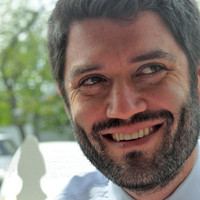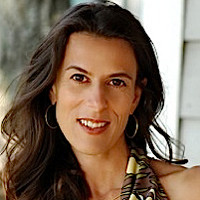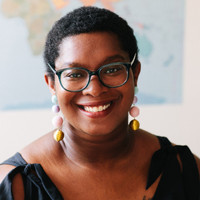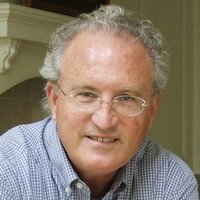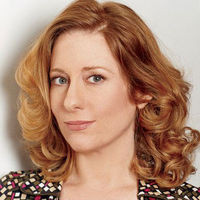Adam Davidson is a staff writer at The New Yorker.
“I am as shocked this moment that Trump was elected as I was the moment he was elected. That fundamental state of shock. It’s like there’s a pile of putrid, rotting human feces on a table and like six of the people around the table are like, ‘That is disgusting.’ And four are like ‘Oh it’s so delicious. Oh, I love it. It’s delicious.’ And I keep saying, ‘Well, why do you like it?’ ... Trump is not a very interesting person in my mind. He’s a very simple, one of the most simple public figures ever. And his business is complex that in that it’s lots of people doing lots of things, but the fundamental nature of it is not that mysterious. So, it is a challenge to keep me engaged, but I’m engaged. And then as a citizen, I’ve never been more engaged.”
Thanks to MailChimp for sponsoring this week's episode.






